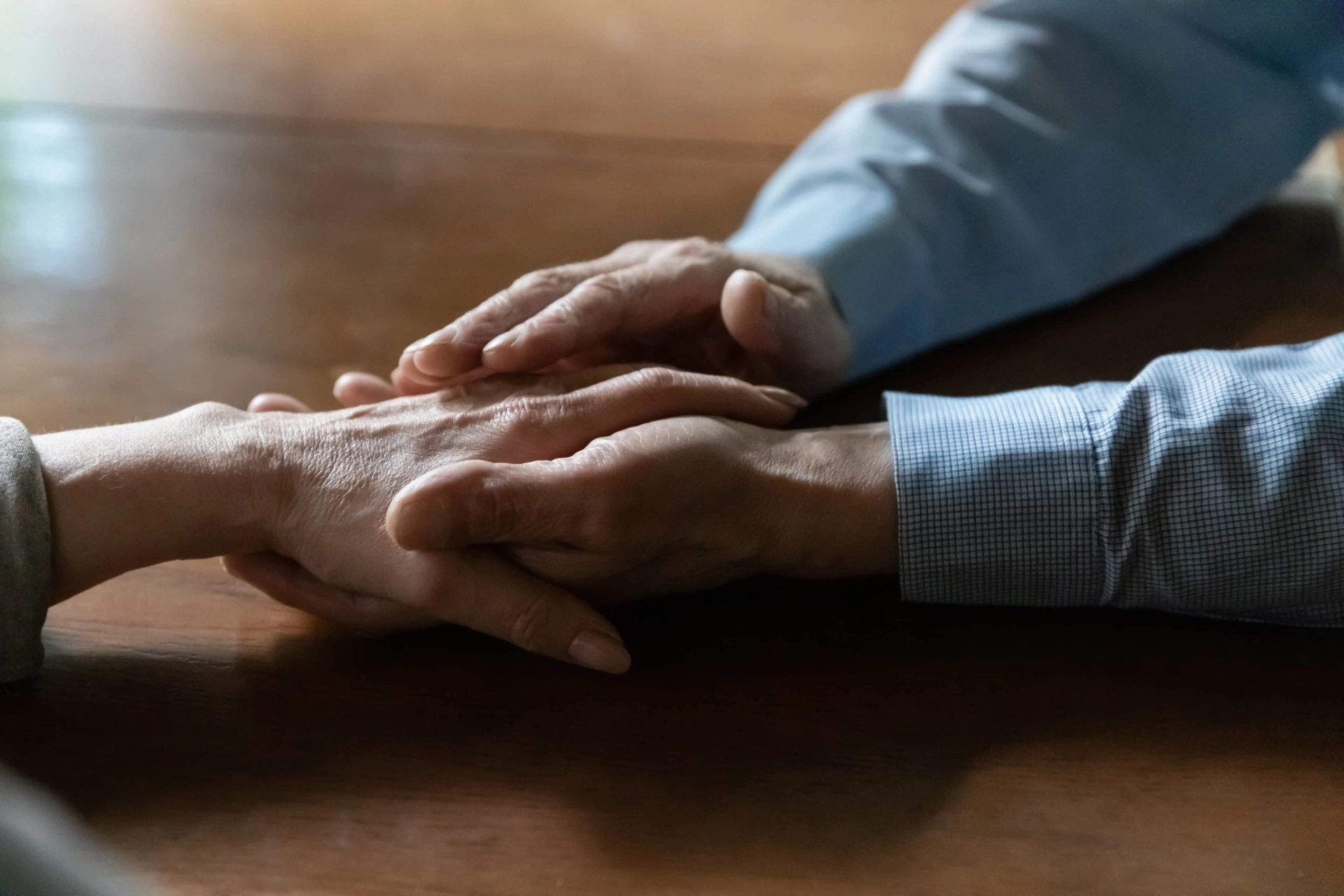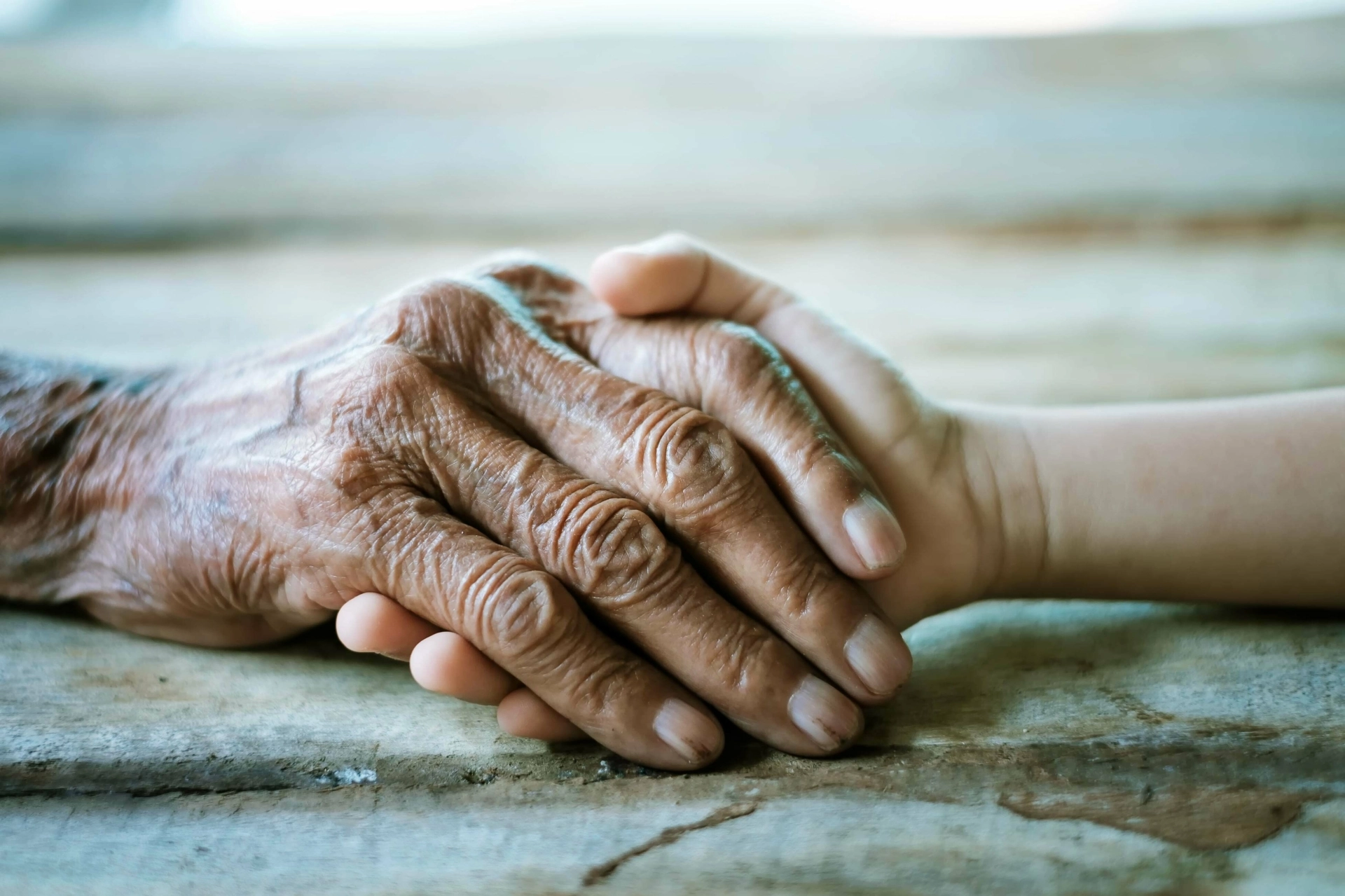Leaving a gift in your Will can be a little bit unfamiliar, especially if you don't even have a Will to begin with!
That's why we've put together this list of frequently asked questions to help you understand more about the process and what it means to SAHMRI.
General Questions
A Will is a legal document that describes how you wish your assets and possessions to be distributed when you die.
Current studies show that approximately 50-60% of Australians do not have a valid Will.
A gift in Will or bequest is a Gift contained within a Will (or codicil) for a particular beneficiary. You can dictate whether the beneficiary acknowledges your gift by name once received or choose to remain anonymous.
Including a charity in your Will is a very personal decision and one that needs to be carefully considered. We appreciate that your family and loved ones should always come first and believe it is important to talk with them about your intentions and the causes close to your heart.
A Will is important for every Australian over the age of 18, regardless of what you own. Writing a Will ensures that your assets and possessions are distributed according to your wishes and minimises the potential conflict that could take place after your death.
By having a legal and valid Will, you could reduce considerable anguish and expense to those family members and loved ones after you’re gone.
Without having a Will in place, a court may determine how your assets and possessions (and even your pets) will be administered, however by having a Will, you can select who administers your estate and who will be the appointed guardian for your loved ones after you pass.
If you die without a Will (‘dying intestate’), state laws will determine how your assets are distributed, which could result in your loved ones and the causes you care about being left out entirely. An up-to-date Will is the only way to make sure that, after you pass away, your wishes are carried out.
In Australia, you can make a legally binding Will any time after you turn 18.
Not at all. All gifts received, no matter the size or amount, contribute to the important work and research conducted at SAHMRI. Whatever you can afford will be used for something important and tangible.
Including a gift in your Will doesn’t affect how much money you need to provide for old age. Your estate is calculated on whatever is left after you pass away. And, if you specify your gift as a residuary gift, it will only be paid after all other gifts you leave to your loved ones have been fulfilled.
Your Will should not be a static document – it should be updated regularly to reflect your current circumstances and wishes. This ensures that whenever you pass away, your executor has in written form, your most current wishes directing them to carry out those wishes in accordance with your Will. In particular, you should consider updating your Will if:
- You get married, divorced, or enter into a new relationship
- You have a new child or adopt a new child
- You wish to change your beneficiaries
- You wish to change the person listed as guardian for your children
- You wish to change your executor, or one or more of your executors becomes unable or unwilling to act as your executor
- You acquire or dispose of any major assets (for example property, an inheritance, winning the lottery)
- You dispose of any gifted assets
- You wish to maintain the relative value of gifts of money
- There is an onset of a serious health issue, you may need to review life plans and make or adjust a Will.
You can change your Will by adding a codicil to it. A codicil is a simple legal form to make minor changes or additions to an existing Will. If you have re-thought your Will and want to make major changes, consider writing a new Will and ‘revoking’ (or cancelling) your old Will, as handwriting changes or making notes on it may invalidate the Will. Please discuss this with your solicitor.
Questions about SAHMRI
SAHMRI is a non-government, not-for-profit institute and relies on the generosity of its supporters to fund research.
When you support SAHMRI you will support life saving research. The gift you leave will help prevent illness, reduce suffering from chronic disease and improve the health of the community.
Leaving a gift in your Will enables you to continue supporting the causes that were important to you during your lifetime and leave a legacy for future generations. Remembering SAHMRI in your Will is a practical way of making a difference in people’s lives, without affecting your independence and self-sufficiency today.
Both options are great. Many people who leave a gift in their Will to SAHMRI also support our research through donations during their lifetime. Others use their Wills to support our scientists and their important research for the first time.
At SAHMRI, we are grateful and humbled by gifts of any size. Once your loved ones are looked after and your debts are settled, even a small residual gift will help to advance our life-saving research.
Whilst monetary gifts are preferred, SAHMRI is able to accept non-monetary gifts, such as property or shares. However, we would need to convert any property or shares into cash to be able to fund our work.
It’s important to discuss any non-monetary gifts with us before finalising your Will, to ensure that we are able to accept them and that your wishes can be carried out.
You can leave your entire estate to SAHMRI however we always ask that you consider your family first and ensure that they are taken care of financially. You should talk through your wishes with your immediate family to ensure they understand your decision. If you don’t have family or you have concluded that they’re cared for and would like to gift your entire estate to SAHMRI, you can do this.
Your Will is a reflection of what matters to you, and, for most people, that is their family and friends. We believe you should look after the people you care about before you consider a gift to SAHMRI or other charity.
Including a gift in your Will to SAHMRI doesn’t stop you doing that, especially if the gift is made from whatever remains after all your gifts to loved ones have been made.
Yes, if there is a particular area of research that has special significance for you, we are more than happy to discuss the different options available.
However, most people leave their gift without specific conditions so it can be used wherever it will have the greatest effect. Given the nature of medical research, it can be hard to predict where that might be in the years ahead.
You don’t have to, but telling us provides us the opportunity to say thank you, and to keep you informed of our work. It also enables us to understand the reason behind your gift and how you’d like it to be used. Rest assured; your privacy will be respected.
Advising us also provides you with the opportunity to ask as many questions as you like about our work, or hear directly from some of SAHMRI’s innovative researchers about their areas of work.
Residual gifts allow you to leave a percentage of what’s left of your estate after you’ve taken care of your family and loved ones – so you can support both the people and causes you care about.
While the decision is ultimately up to you, residual gifts are a simple and practical way of leaving a gift in your Will to SAHMRI as the gift won’t lose value over time. You may not know the value of your final estate, but a percentage gives you peace of mind and will automatically adjust to changes in your estate’s value. A residual gift will also keep pace with inflation so that your gift to the charity or charities you care about is maximised.





